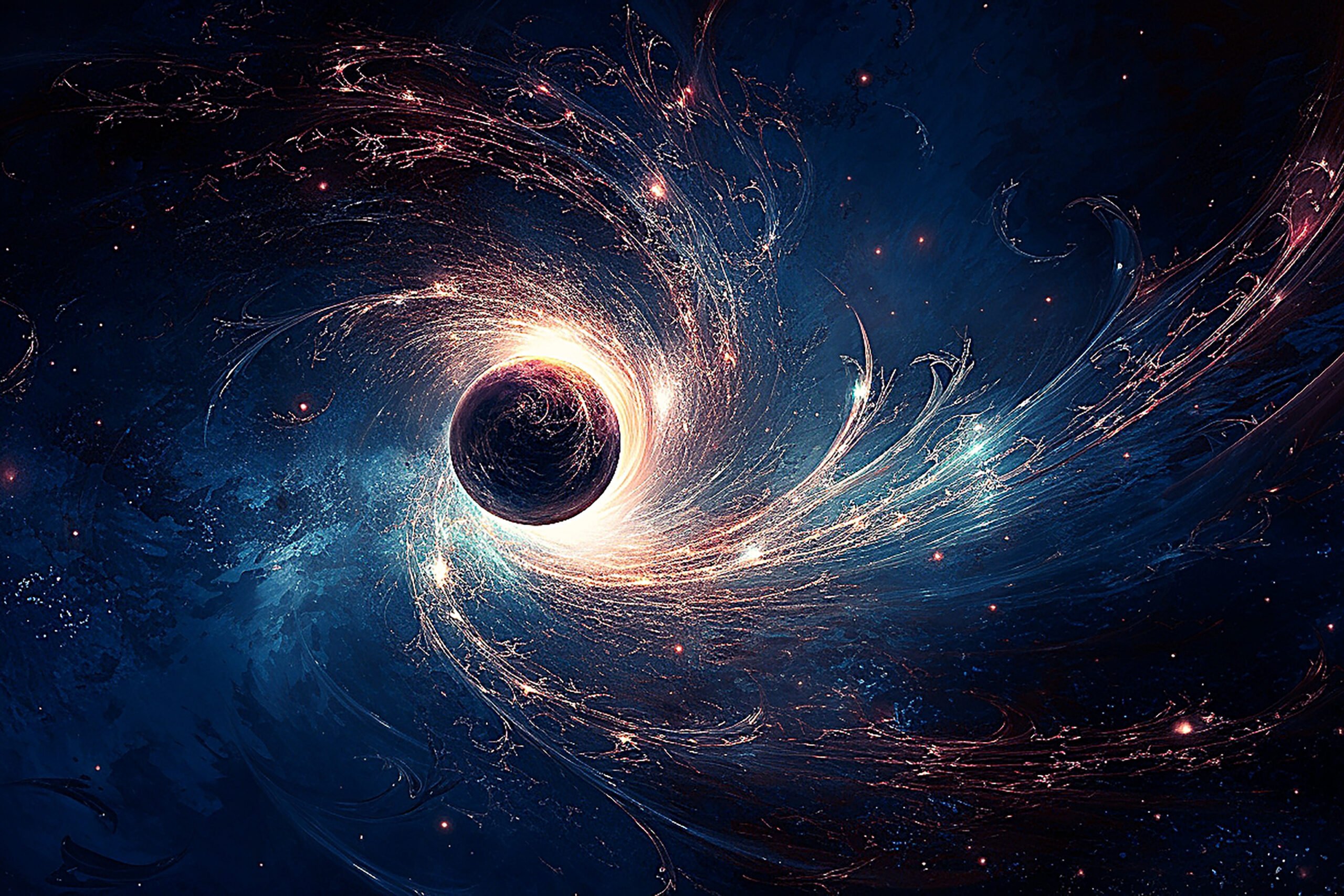Space, the final frontier, is a vast and mysterious expanse that has captivated humanity for centuries. It encompasses everything beyond the Earth’s atmosphere, from the celestial bodies in our solar system to the distant galaxies that dot the cosmos.
The Solar System
Our solar system is a small part of the vast universe. It consists of a central star, the Sun, and eight planets that orbit it. The planets can be categorized into two groups: the inner planets (Mercury, Venus, Earth, and Mars) and the outer planets (Jupiter, Saturn, Uranus, and Neptune). In addition to the planets, the solar system also contains numerous asteroids, comets, and moons.
Galaxies and the Universe
Beyond our solar system lies a vast expanse of galaxies, each containing billions of stars. The Milky Way is the galaxy that we inhabit, and it is just one of billions of galaxies in the observable universe. The universe is believed to be around 13.8 billion years old, and it is constantly expanding.
Space Exploration
Humans have been exploring space for decades, sending spacecraft to the Moon, planets, and beyond. These missions have provided us with valuable information about the solar system and the universe as a whole.
Some of the most notable space exploration achievements include:
- The Apollo missions to the Moon
- The Voyager spacecraft’s exploration of the outer planets
- The Hubble Space Telescope’s observations of distant galaxies
- The discovery of exoplanets
The Future of Space Exploration
As technology continues to advance, we can expect to see even more ambitious space exploration missions in the future. These missions may include:
- Colonizing Mars
- Mining asteroids for resources
- Exploring distant exoplanets
- Building space stations and habitats
The future of space exploration is exciting and full of possibilities. As we continue to explore the cosmos, we may uncover new mysteries and make groundbreaking discoveries that will shape our understanding of the universe and our place within it.
